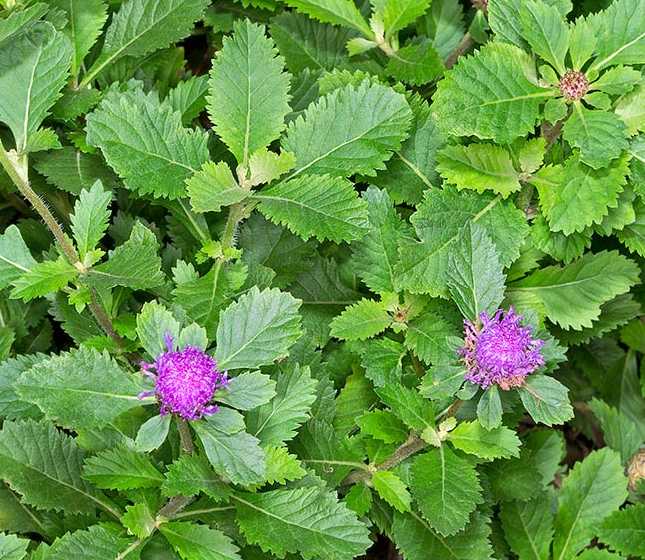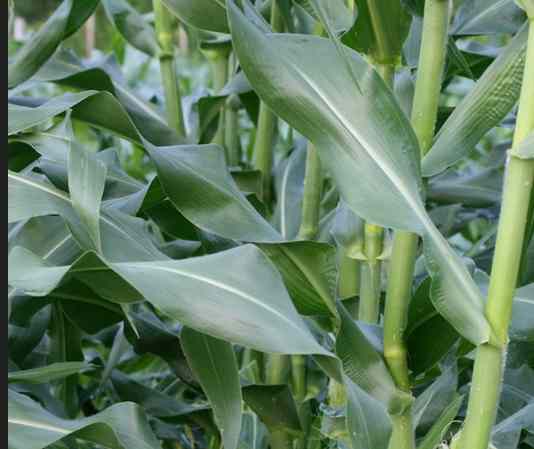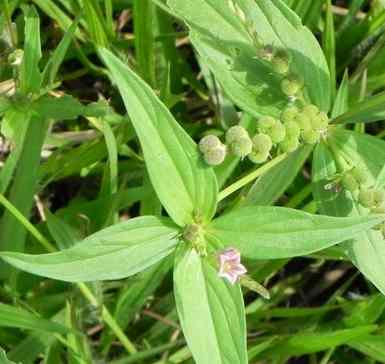
support@yorubalibrary.com
+2348073529208, 07038599574

Ewe Amunimuye is a special medicinal plant in Yoruba traditional medicine, generally used for its cleansing, respiratory, and spiritual healing properties. The name "Ewe Amunimuye" roughly translates to “what can seize one and his thinking at a time”. It is typically used in herbal baths, steam therapies, and infusions designed to treat physical illnesses and restore inner balance.
This plant is native to the highlands and savannah regions of Africa and is most active in the rainy season. In Yoruba land, it is often used to address spiritual afflictions, chest tightness, digestive issues, and general body weakness. Traditional herbalists incorporate it into rituals and mixtures aimed at warding off spiritual attacks, relieving stress, and improving breathing.
This article gives a practical overview of Ewe Amunimuye—its characteristics, healing roles, and how it’s applied in Yoruba herbal practice. Whether used for healing the body or lifting the spirit, this leaf plays a significant role in both herbal and spiritual care.
Key Facts
Category: Leaf
Botanical Name: African Ragwort / Abyssinian Groundsel
Common Name: Senecio abyssinica
Yoruba name: Ewe Amunimuye
Igbo Name: Nil
Hausa Name: Nil
Characteristics of Amunimuye Plant
• Growth Pattern:
Ewe Amunimuye is a perennial herb or shrub that grows up to 1–2 meters tall. It thrives in tropical and mountainous regions.
• Leaves:
The leaves are long, soft, and narrow with jagged or serrated edges. They may have a slightly hairy surface and give off a strong scent when crushed.
• Stem:
Erect and sometimes purplish or green, the stem is firm but flexible and supports the broad leafy growth.
• Flowers:
It produces small yellow flowers arranged in clusters, typical of many members of the Asteraceae family.
• Smell:
The crushed leaves release a strong herbal aroma that is often associated with cleansing or spiritual use.
Want to treat common ailments such as Malaria, Cough, Measles, Typhoid, Pile etc naturally without spending much? Grab a copy of Authentic Herbal Solutions: 15 Common Ailments & Their Natural Cures. A practical eBook recommended for everyone regardless of tribe, religion or association. Order below or Download sample here
AUTHENTIC HERBAL SOLUTION #4KOne Yoruba proverb says "Bí olóde ò kú, òde rè kì í wu Gbégi". Do you know that Gbégi is actually a leaf/plant? Get Yoruba Proverbs on Plants and Herbs, which is a collection of Untold Wisdoms Hidden in Leaf and plants comprising their Life Applications & Moral Teachings. Order below or download sample here
YORUBA PROVERBS ON PLANTS #4KTraditional and Medicinal Uses in Yoruba Land
1. Respiratory Health
Used in steam inhalation to treat chest congestion, difficulty in breathing, and cold-related illnesses. It helps open airways and reduce phlegm.
2. Spiritual Cleansing
Common in spiritual baths to ward off evil forces, cleanse negative energy, and relieve people from spiritual attacks or mental oppression.
3. Fever and Internal Heat
Leaves are boiled in combination with other herbs to treat fever and remove internal body heat. It is often part of herbal fever remedies.
4. Stomach Disorders
Taken in mild doses to treat bloating, gas, indigestion, and mild abdominal pain. It is believed to “cool” the stomach and ease discomfort.
5. Headache and Body Weakness
Applied in steam baths or taken as tea to relieve stress-induced headaches and restore lost energy after fatigue or illness.
6. Childcare in Traditional Settings
Used for bathing children believed to be experiencing spiritual disturbances (e.g., excessive crying, fear at night) to calm their body and mind.
7. Skin Conditions
The juice is sometimes applied to the skin to treat itching, minor irritations, and rashes due to its soothing nature.
Healing Properties of Amunimuye
• Expectorant – Clears phlegm and eases breathing
• Anti-inflammatory – Reduces swelling and pain
• Detoxifying – Cleanses internal systems and removes toxins
• Antimicrobial – Fights off minor infections
• Sedative – Calms the nervous system and relieves stress
• Spiritual Cleanser – Used in rituals for protection and mental relief
Conclusion
Ewe Amunimuye (Senecio abyssinica) remains an important leaf in Yoruba herbal and spiritual healing. Its multipurpos makes it useful in treating both physical symptoms such as cough and fever, and spiritual conditions like anxiety and negative energy.
Have you heard of our Yoruba Herb Dictionary? This contains names of Yoruba Leaf, Roots, Barks, Characteristics, Properties & Identification with HD Pictures. Order below or download sample here
A-Z HERBS & LEAF DICTIONARY #4K
Know more about the Yoruba traditional uses and he…

Learn about Ewe Aran, a potent Yoruba medicinal le…